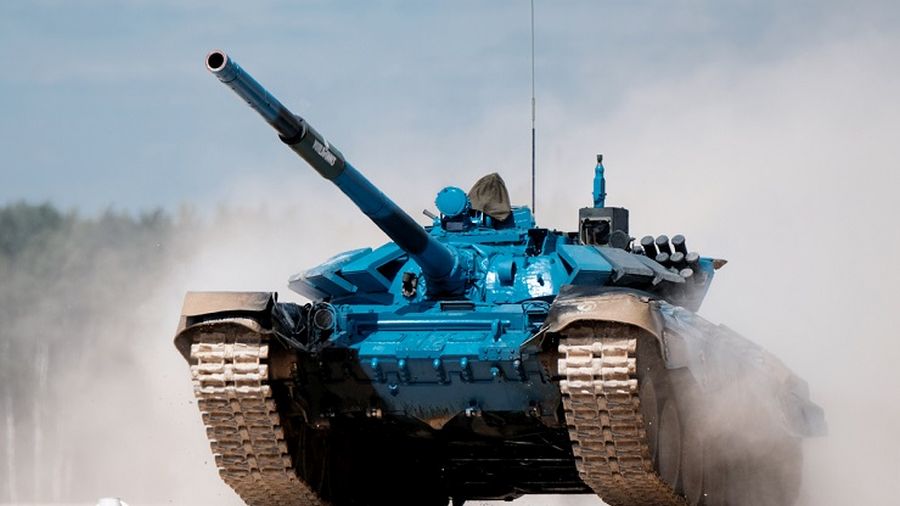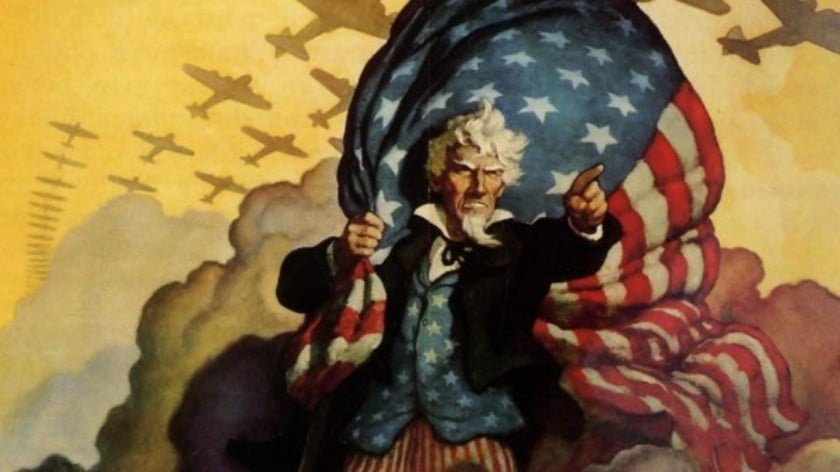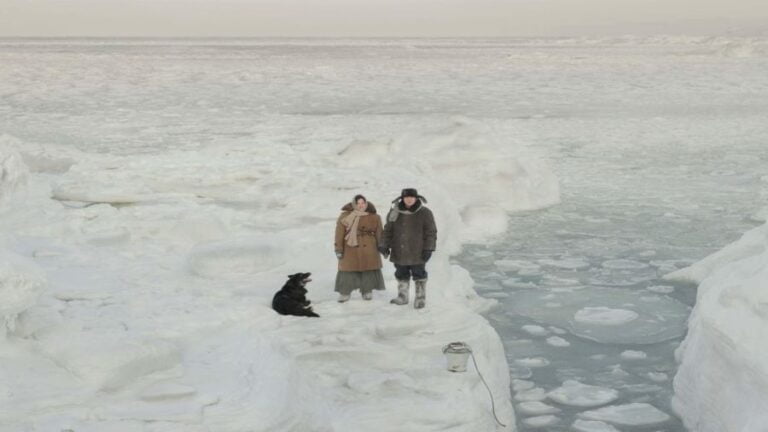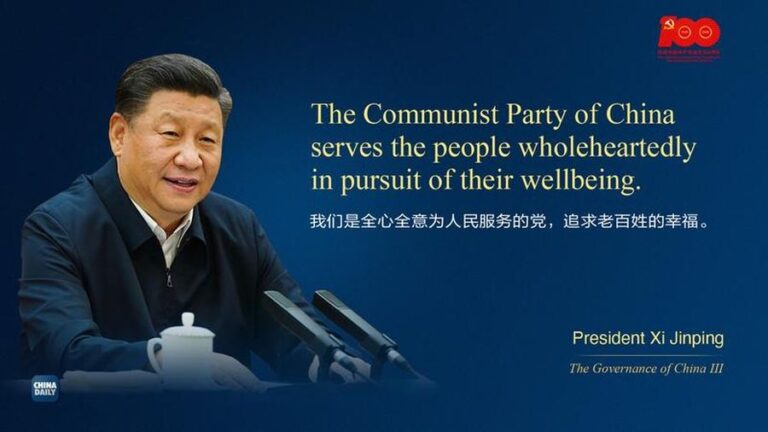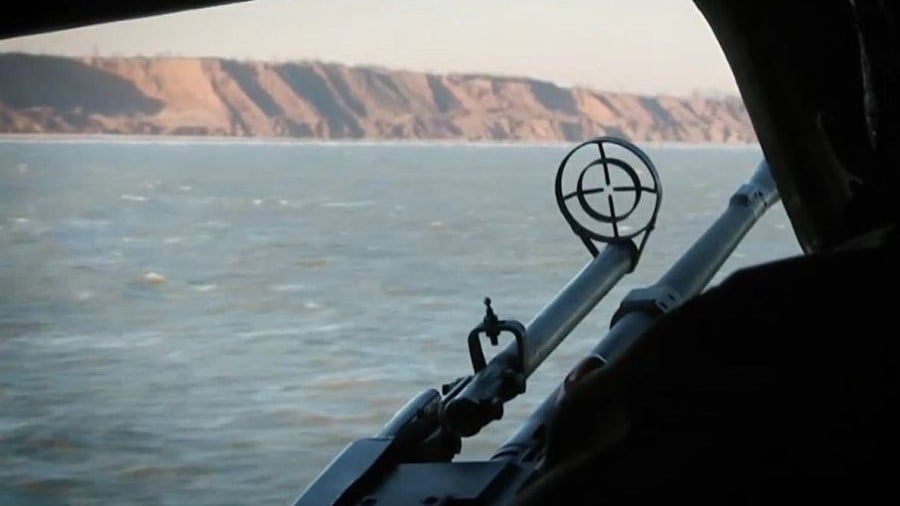Military Sport for Peace
The armed forces guarantee the preservation of a country’s independence and sometimes the survival of its people. Every more or less independent state is compelled and obliged to allocate budgetary funds for manning, training, and arming of its security forces. However, the Armed Forces are required not only to create and equip. They also need to be periodically displayed to other countries to show their power, inspire allies, and curb the enthusiasm of a likely adversary. Fortunately, it is possible to demonstrate military power without actual combat operations, but during exercises, parades, etc. All this, as well as various military exhibitions, helps, among other things, the countries producing military equipment to demonstrate new achievements of their military-industrial complex and to attract foreign buyers and investors. There are also various military-sports competitions, which have been gaining popularity among spectators in recent years.
The International Military Sports Council (IMSC) is the world’s second-largest multidisciplinary sports organization after the International Olympic Committee. IMSC is headquartered in Brussels.
Of course, the major military powers want to have their own military sporting events to demonstrate their successes more often and in more comfortable conditions. That is why, for example, Russia organized its own competitions for the military.
Since 2013, the Tank Biathlon World Championship has been held in the Russian Federation. As the name implies, tank crews have to show their driving skills and accuracy of firing their guns during this competition, hitting targets in different parts of a challenging route.
In August 2015, Russia hosted the First International Army Games (Armygames 2015) Then the Tank Biathlon World Championship became part of these games, and since then, it has been held as part of the Armygames.
For the first time, the Armygames was held at 11 Russian training grounds, with teams representing ground forces, navy and aviation competing. Teams from 17 countries came to the Games. In addition to Russia and its fully expected CSTO allies (Armenia, Belarus, Kazakhstan, Kyrgyzstan, and Tajikistan), Angola, Azerbaijan, Egypt, Kuwait, Mongolia, Nicaragua, Pakistan, Serbia, and Venezuela sent their athletes. The participation of such giants as India and China added to the scope of the event.
In addition to the Tank Biathlon, servicemen from the listed countries have competed in such spectacular competitions as Aviadarts. Pilots of aircraft and helicopters showed their skills, Competition of anti-aircraft missile troops units (Confident Reception) for anti-aircraft gunners, Masters of Artillery Fire, Caspian Derby for the Marines, and others.
Since then, the Armygames has been held annually in Russia.
Military personnel from 19 countries, including Greece, which, as you know, is a member of NATO, participated in Armygames 2016. The Russian side has repeatedly invited countries from this military bloc to the Tank Biathlon, including the United States. However, it seems that the leading NATO states prefer to compete in their own close circle and away from competitors such as the Russian Federation or the PRC. So Russian invitations were not accepted. However, in 2016 the US Army European Command and the German Army Land Forces Command organized their analog of the “Tank Biathlon” – the annual tank competition for NATO countries “Strong Europe,” which has since been held in Germany.
The Third International Army Games were held in 2017, and this time, 28 countries participated, including militarily advanced nations like Iran and Israel. Moreover, Armygames 2017 was organized not only in Russia but also in Azerbaijan, Belarus, Kazakhstan, and China.
Armygames 2018 was held on the territory of seven countries: Armenia and Iran were added to the previous list. Thirty-two nations participated in the Games. Importantly, in 2018, Vietnam, Russia’s strategic partner in Southeast Asia, with whom Russia has long-standing defense cooperation dating back to Soviet times, joined the Armygames. Vietnam’s participation in the Games could be another small step towards restoring this cooperation to its previous scope. It is also interesting that a traditional US ally (with whom things have not gone smoothly for Washington lately), the Philippines took part in Armygames in 2018.
In 2019, the number of countries participating in the Armygames had traditionally increased: there were 39 of them. Among the new arrivals was Cuba, a longtime partner of the USSR and an adversary of the West. The Games were already held in 10 countries, including India, with which Russia also has long-standing and sound defense cooperation.
Obviously, throughout the whole period of the Armygames’ existence, the international interest in this military and sports event and the number of its participants have been steadily increasing. This would probably have continued, was it not for the COVID-19 pandemic that swept the world in 2020. Because of this scourge, the number of countries participating in the 2020 Armygames decreased from 39 to 32, and the Games were held on the territory of only five countries: Russia, Belarus, Armenia, Azerbaijan, and Uzbekistan.
The 7th International Armygames were held in August-September 2021. The development and mass introduction of new vaccines reduced the risk of coronavirus spread, and the event was able to take revenge for 2020. More than 5,000 military personnel from 42 countries participated in Armygames 2021, and the Games were held on the territory of 11 countries. So it could be said the Armygames has successfully recovered from the downturn due to the pandemic and has continued to “gain momentum.”
“The International Army Games are not only a demonstration of military power but also a full-fledged training for the Armed Forces, comparable to an actual military exercise. At the same time, the Armygames helps develop cooperation between the militaries of different countries to maintain global security,” said Russian Defense Minister Sergey Shoygu at the Closing Ceremony of the Armygames 2021 on September 4, 2021.
And already, on September 16, 2021, the World Military Boxing Championship started in Moscow, which is the international competition held under the aegis of the above-mentioned International Military Sports Council. In its 74 years of existence, this Championship was held in Russia for the first time. Given Russia’s current relationship with the West, fully demonstrated by the Tokyo Olympics in the summer of 2021, IMSC’s decision to hold such an event in Russia seems unexpected. Perhaps, looking at Russia’s successes associated with the Armygames, the IMSC leadership has concluded that “weaning” Russia from world military sports is more detrimental to the sport than to Russia. Alternatively, while less popular than “civilian” sports, military sports may be less politicized. Being military rather than politicians, the people associated with it understand that global security cannot be achieved without cooperation with Russia.
Athletes from 36 countries came to the Championships, and they gave Moscow viewers and TV audiences around the world a whole week of exciting, uncompromising, and beautiful fights. Russian boxers won seven gold medals, demonstrating to the world not the work with combat equipment but the personal strength and endurance of Russian army fighters.
The strength and prestige of the armed forces are some of the most critical factors that help any state achieve success in the international arena, which has a significant impact on diplomatic negotiations and economic relations between countries even in the absence of military conflict. Moreover, contrary to the widespread misconception, the presence of powerful and globally respected armed forces in a country with a competent foreign policy reduces, rather than increases, the likelihood of its involvement in a military conflict. It is hoped that more and more military sporting events around the world will be held. The militaries of different countries will mainly use them, rather than in actual combat, to improve the skills and prestige of their armies, jointly enhancing the level of global security.

